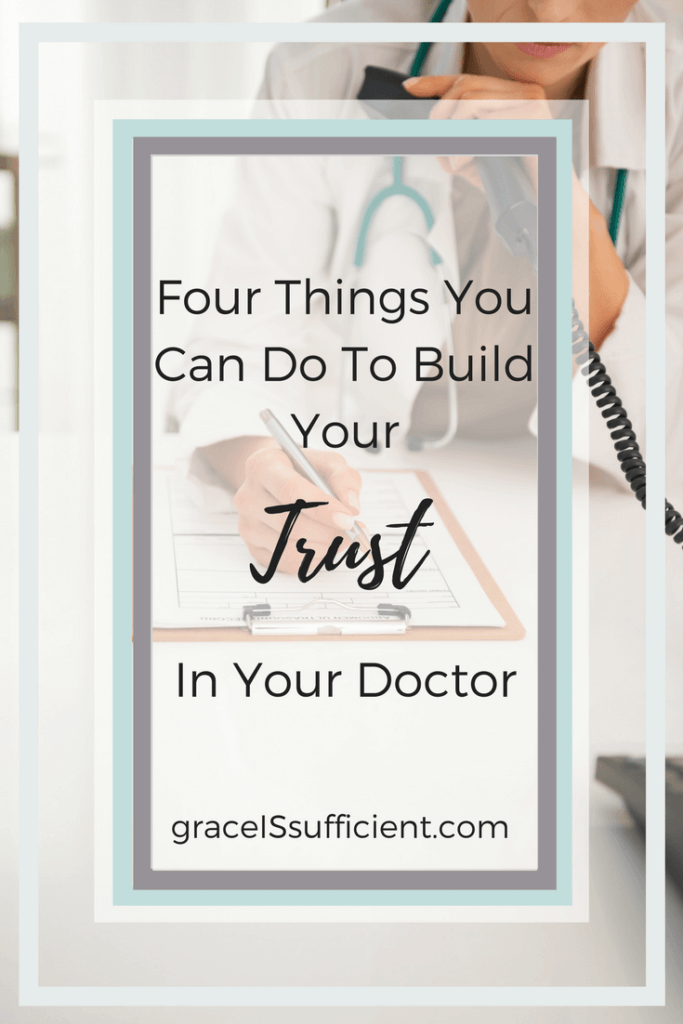I wish I could say that you can always trust him or her – but what do you do when you can’t trust your doctor?
Well, in 2015, we made it in the news but for a very unfortunate (in my opinion, sick) reason.
An oncologist, Dr. Farid Fata, had been charged with administering chemotherapy to patients without cancer.
It blows my mind that a doctor could sit across the table from another human being – tell them the awful news that they have cancer when they truly don’t. Then begin a treatment program that administers a series of toxic chemicals to invade their body and kill healthy cells and change the course of their health forever. How do you do that to another human? All for financial gain. It’s sick.
The prosecutor said this is the “most egregious” case of health-care fraud in U.S. history. A total of 553 people received unnecessary treatments amounting to approximately 9,000 injections/infusions. Insurance companies and patients were charged millions. [source]
Is 45 years in jail a just punishment for a man that has ruined the health of 553 people?
What do we do with this information? To say that stories like these make you a bit cynical of the medical profession is an understatement.
4 things you can do to build trust in your doctor! #chronicillness #invisibleillness #spoonieHow can we protect ourselves and build our trust in our doctors?
- Become a critically-minded, well-educated patient. I can’t stress this fact enough! No one cares about your health more than you do. You are not the only patient your doctor sees. They have to try to process, record, and remember information for hundreds of patients. You only need to focus on one. Do your homework! I offered some great tips in a previous post you can read here.
- Compile a list of questions and ask them. Immediately after a diagnosis of a chronic illness/disease/cancer, a number of questions race through your head. Write them down. All of them. Don’t worry if the doctor will think the questions are trivial – you’re talking about your life. Give yourself time to digest the initial diagnosis. Do a bit of research and let the questions flow onto the paper. Ask anything that is a concern to you whether you want to know if you’ll be able to continue working during treatments or you want a list of the side effects you can expect from the medications. As they say, the only dumb question is the one you don’t ask.
- Get a second opinion. When you decide to purchase a product from Amazon you can read a large number of reviews before you submit your order. If you want to hire a plumber you can go to Angie’s List and check out what others have to say about him. When you want a new vacuum you can scan Consumer Reports to find the best one for your home. When it comes to your health you must perform due diligence. You don’t want to put more research into your next coffee maker than you do to a series of life-changing medical treatments. If your doctor is offended by your desire to get a second opinion, let him be offended. As a matter of fact, that may just be a warning sign that a second opinion is a must! Value your health over the idea of hurting his feelings.
- Find a support group. Having a group of people with a similar diagnosis can be a wealth of information to you. You can google specific support groups for your area or even find online support programs. Sharing with someone in the same medical boat as you will help you know you’re not alone and become a source of tips to living with your illness. It will also give you a sounding board when you feel you might be wearing out your family members or friends with this continued topic of discussion.





